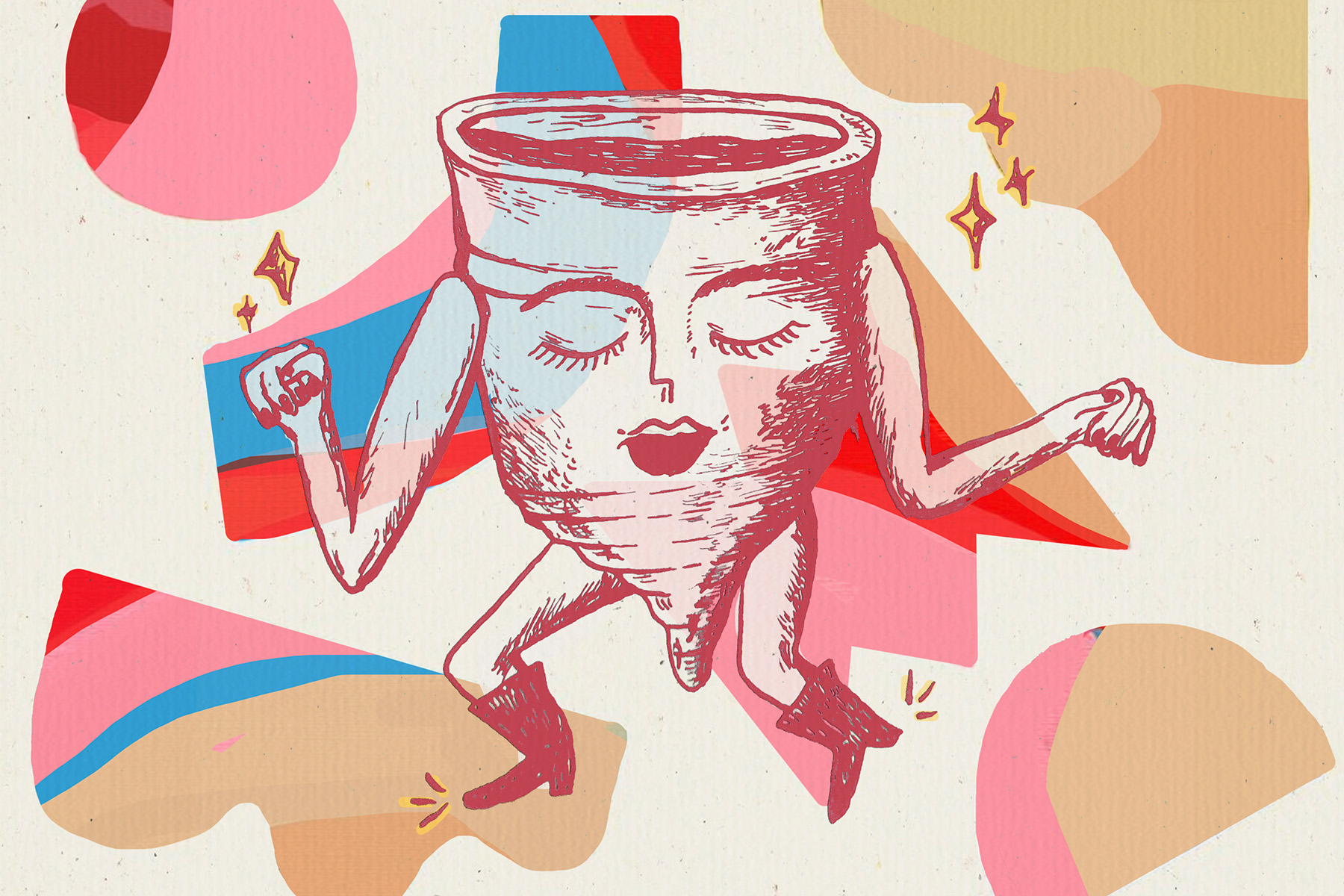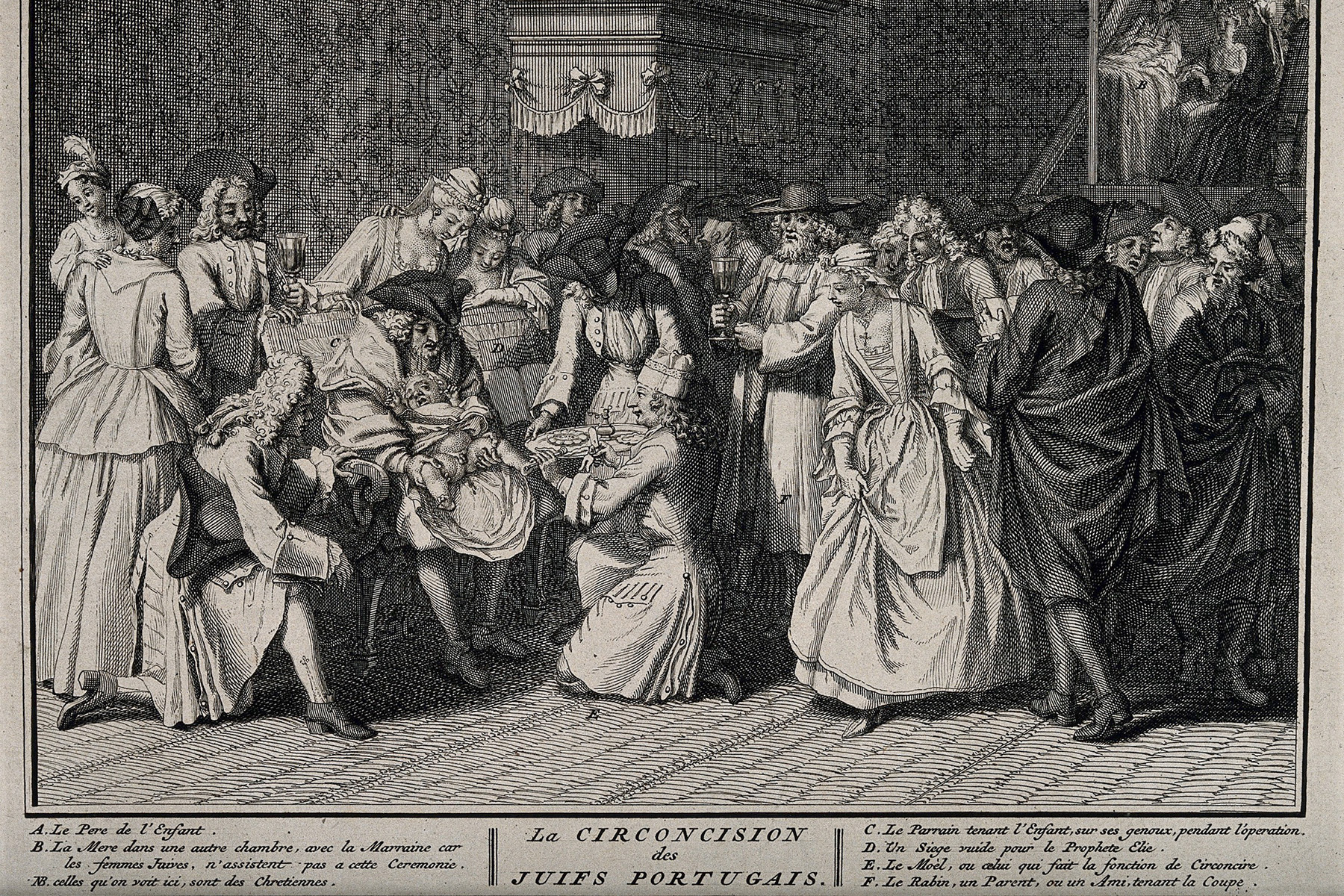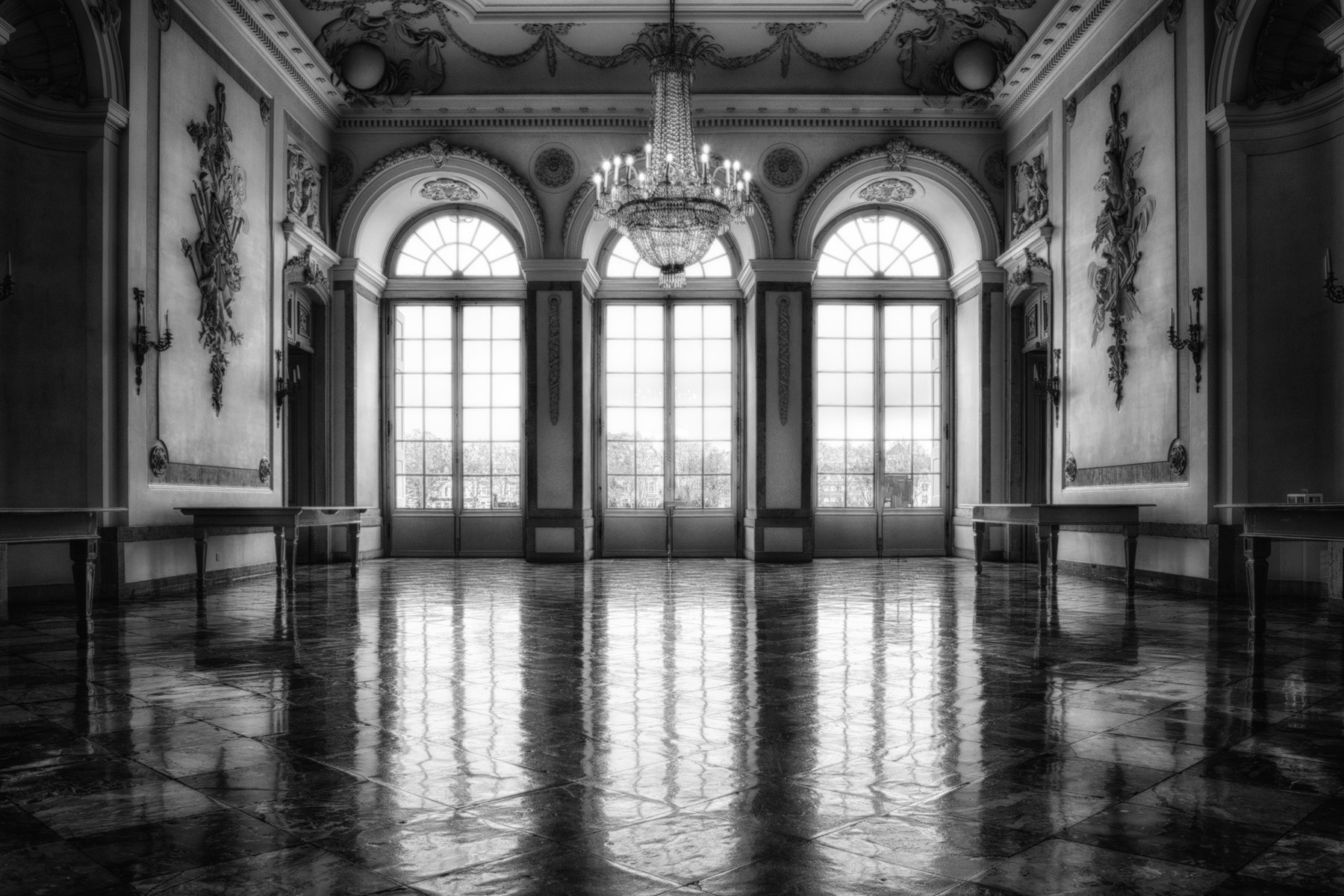Look around you at the gym, the grocery store, the office or the pub; most women are wearing some kind of makeup. It’s probably just a few small things to enhance how we look naturally, but most of us feel pressure to look cute, pretty, beautiful or sexy, at all times; even if we are just buying some toilet paper. Are we doing this for the cashier? The people we pass in the street?
Do we do it for ourselves?
Many say so, and I’d like to believe it myself, especially when I give into the pressure to look pretty; but I find it hard to believe. Why would you choose to cover your face in chemicals? And more importantly, when something has been so entrenched in our culture and society that it has become a norm, how can we separate what is for us and what has simply become an expectation of our entire gender? What is for us, really?
For hundreds of years, women weren’t even able to voice their own ideas, and to this day we are still told by big media—mostly men—how to look and act.
So when, and why, did we decide that women needed to alter their appearance in order to be looked at? And why do men not feel the same pressure to enhance their eyes, their complexion, their lips?
Struggles between the sexes have improved over the centuries, but men still hold the majority of power around the world and have outsize influence on our culture and society.
In the beginning, men were in charge because of biology and other evolutionary factors: they are bigger, stronger, and they don’t need to put their bodies through the debilitating effects of childbirth. Because of their physical strength, men seized control and wrote the rules and women were bestowed with fewer rights; we were put in the shadows and plain put down.
Women’s main purpose in life was to make babies and give men pleasure. Mainly, we were there for our womb, for our life-giving abilities, and for the warm, welcoming opening between our legs, sometimes given, sometimes taken by force. Outside of this, we weren’t much. But we were soft, we were gentle, we were kind and caring. We were mothers and lovers. We were desired, lusted after and looked at, but in a way, we were hated—maybe even feared.
In darker times, all women were good for was to be the focus of man’s desire. I guess we figured that we may as well do it right: we may as well be extra desirable—look nice, smell nice, seduce. But don’t go too far. We could be witty, clever even, but we still needed to be soft-spoken. It wasn’t our job to shine, it was our job to complement. So women became pretty ornaments, something nice to look at, a lovely relief just behind the main focus. We certainly weren’t asked for our opinions.
But things are different now: after years and years of subordination, of being put down physically and mentally, of being abused both physically and verbally, of feeling that we had nothing to offer other than our bodies, of being told to sit still and shut up and look pretty, we grasped our freedom. Thanks to a large and dedicated group of diverse women in the 19th and 20th centuries who worked tirelessly for their gender, we have gained equal rights under the law in most countries.
Things still are not perfect and many of us face small acts of sexism every day, but we have come so far.
In a world no longer governed by might is right, women needn’t fade into the background. So much has changed, yet women still try to look the part they played so long ago. We work in the same jobs as men, we hold positions of power, and though we still earn just 80 cents to the dollar for the same roles held by the opposite sex, we are more respected than we have been at any other point in history.
And yet, it seems this is not enough. Women need to be funny, smart, opinionated and look like we have just come straight from the salon. We’ve come so far but we still we hold onto the beauty norms of a much less equal time. The problem is, when we look the part of the male-worshipping, beautiful ornament, that’s all we are going to be seen for.
And sometimes I understand why.
When I see a woman who has her hair done, her nails done, her makeup done, who wears an uncomfortable outfit (which men pretty much never, ever do) and shoes she cannot walk in, I can’t help but think that the only thing she values is her aesthetic. When she’s worrying about her makeup getting smudged and her hair falling just so and her boobs popping out and the blister she’s developed on her toe because she’s wearing shoes that were never made to be worn by real people, she can’t possibly be thinking about how to genuinely and intelligently contribute to the conversation. And sometimes, she doesn’t.
The thing is, women are beautiful. They are cute and pretty and sexy and delicate and soft and caring. But so are plenty of men. And that’s not all they are. But when it’s all they draw attention to, when it’s clear they spent over an hour making themselves look that way, it’s assumed that’s what they care about most.
This needs to change.
Women are people, not sex symbols, and the only way we are going to change a system that demands unrealistic beauty norms of us is if we say no. No to a society that tells us we aren’t good enough the way we are, that tells us the only way we can succeed is by being beautiful or sexy, that defines us by how we look, not by who we are or what we do. Even the most successful and powerful women in the world are asked about their beauty regimen. Why do we care?
Our identity as women is bound far too tightly to our looks; it is high time we sever this tie.
As a young girl growing up in New Jersey, I read magazines that instructed me on what makeup to wear to highlight my bone structure or my lips, what to put on my face to look pretty but still natural, how to get the perfect smoky eye, what shade of lipstick or blush I needed for my complexion or my hair color, which makeup I should be wearing in different seasons. Rather than ask, do you want to wear makeup, do you need to wear makeup? (And probably, the answer is no). We are asked, what kind of makeup will you wear? There is no option.
And young girls do want to wear makeup, because they’ve grown up watching their mothers put on makeup, they’ve watched movies where all the women wear makeup, and they’ve pored over magazines targeted at them, where the women inside look ridiculously perfect. We are told, both explicitly and suggestively, that we must wear makeup. And so we do. But how incredibly damaging it is to tell girls from such a young age that they are not good enough the way they are. We breed insecurity in our young women and set them up for a lifetime of doubt, not to mention a highly unnecessary and expensive consumer habit.
And now, not only must we look at the psychological harm of the beauty industry, but the environmental harm as well. Most beauty products come in plastic, and many are filled with chemicals and tested on animals. But people are aware, and there has been a movement towards making beauty products more environmentally-friendly, removing harsh chemicals and plastics, certifying themselves as vegan.
I have to wonder, though, why are we accommodating this damaging culture of outdated beauty norms, rather than addressing the root of the problem? Why are we spending even more money to make a broken system slightly less harmful, when we could simply throw away what is broken? That would be the best thing for the environment, and the best thing for ourselves.
Let’s acknowledge that women are people—some of us are ugly, some of us are pretty, most of us fall somewhere in the middle, but we all have something to say and so much to contribute. Let’s not let our eyelashes or our cheek bones or our fingernails slow us down and distract us from everything that is going on in the world; let’s not be beholden to our looks. It is 2020 and we have a planet on fire and far too many old men trying to uphold a status quo that doesn’t have room for us. We don’t have time to put on makeup.




